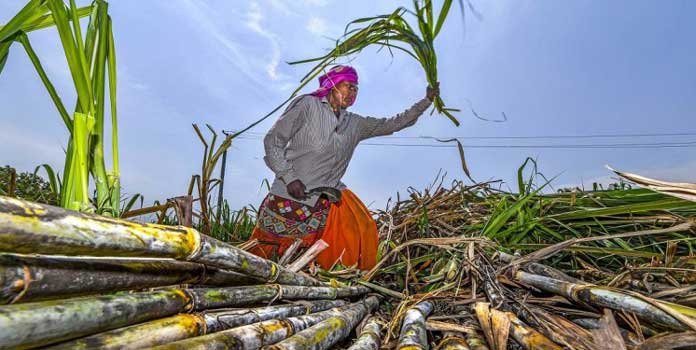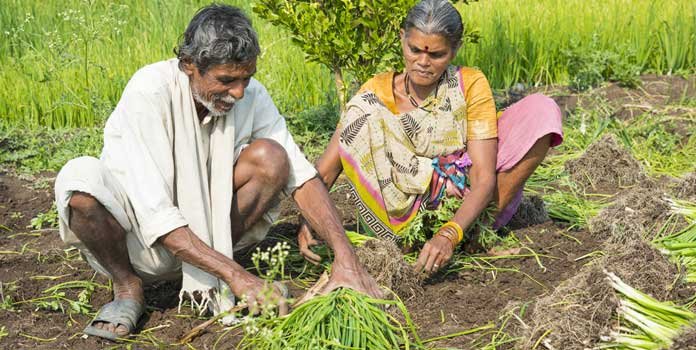
Recently the central government has passed three suspicious agricultural related bills in the parliament. One of them is FARMERS PRODUCE TRADE AND COMMERCE(PROMOTION AND FACILITATION) Bill-2020. Which are opposed by 13 opposition parties in Rajya Sabha.
Advantages
Especially this bill give freedom to farmers to sell their products outside the market . The farmer can trade his product Either in APMC’S or anywhere else in India. Not only on Direct trade, but also through an online portal available for former’s. There is big scope for Private companies to create market infrastructure like warehouses.
Ultimately it provides freedom to farmer . Moreover, providing a better, price to farmers by abolishing the middleman and Commission agent system. Farmers are neither pay any charges nor feel anxiety for selling in the market yards. Additionally, The Existing APMC system will continue in the future.
Conflicts and criticism
Presently agriculture trade through APMC’s is less than 50 percentage. Most of the farmers selling their Products to local agents or middleman at the field crops. Particularly, This bill provides a minimal chances to former’s to bargaining on price with companies. Obviously The corporate are economically strong and farmers are comparatively weak, therefore a great chances for economically unequal trade.
Moreover, No assurances in bill for minimum support price (MSP), which is absolutely leads to bad consequences to farmers. Furthermore, there is No guarantee for new infrastructure development by corporate companies. Small and medium farmers can’t transport their products from their fields to country corners.
In addition to this, the existing APMC’S may face tremendous challenges to sustain.

Lessons from Bihar experience
Bihar state government was abolished agriculture products market committees(APMC) in 2006 gives mixed results. Corporate companies are procuring state agricultural products from farmers. Whereas State government involvement in agriculture procurement is minimal.
Practically mixed response coming from former’s. They are selling some products at a low price. For Example, maize minimum support price(MSP) in APMC existing states around ₹1850 whereas in Bihar, it is only between 1200-1500Rupees.
Moreover, No price stability in the market is the another issue. Total procurement is not good due to government passive involvement.
Here is another comparison between two states, Bihar and Madhya Pradesh, whose are almost same size of wheat production regime. Bihar proclaimed merely 5000 tons of wheat whereas the Madhya Pradesh government proclaimed 13 million tons with active involvement of local Mandi’s like APMC.
On the other hand, the market infrastructural development is poor by private companies in Bihar. Farmers and traders are paying maximum charges for storage even for minimum infrastructures facilities. That’s why it could be reason for underdeveloped in agricultural marketing even having great resources.
Anyhow, after practical implementation of the former produce and commerce (promotion and facilitation)bill-2020 give us much clarity on behalf of conflicts and criticism in the bill.
Accordingly, The government obviously take necessary steps to win former’s heart. Finally, let us wish for a great advantage to former’s especially small and marginal farmers with this prestigious bill.



















